

Writing The Opening Line
The opening line is your first opportunity to make an impression and entice your readers. You should want the opening line to work for the story and be meaningful, but at the same time you don’t want it to do too much. Here’s how to find that balance.
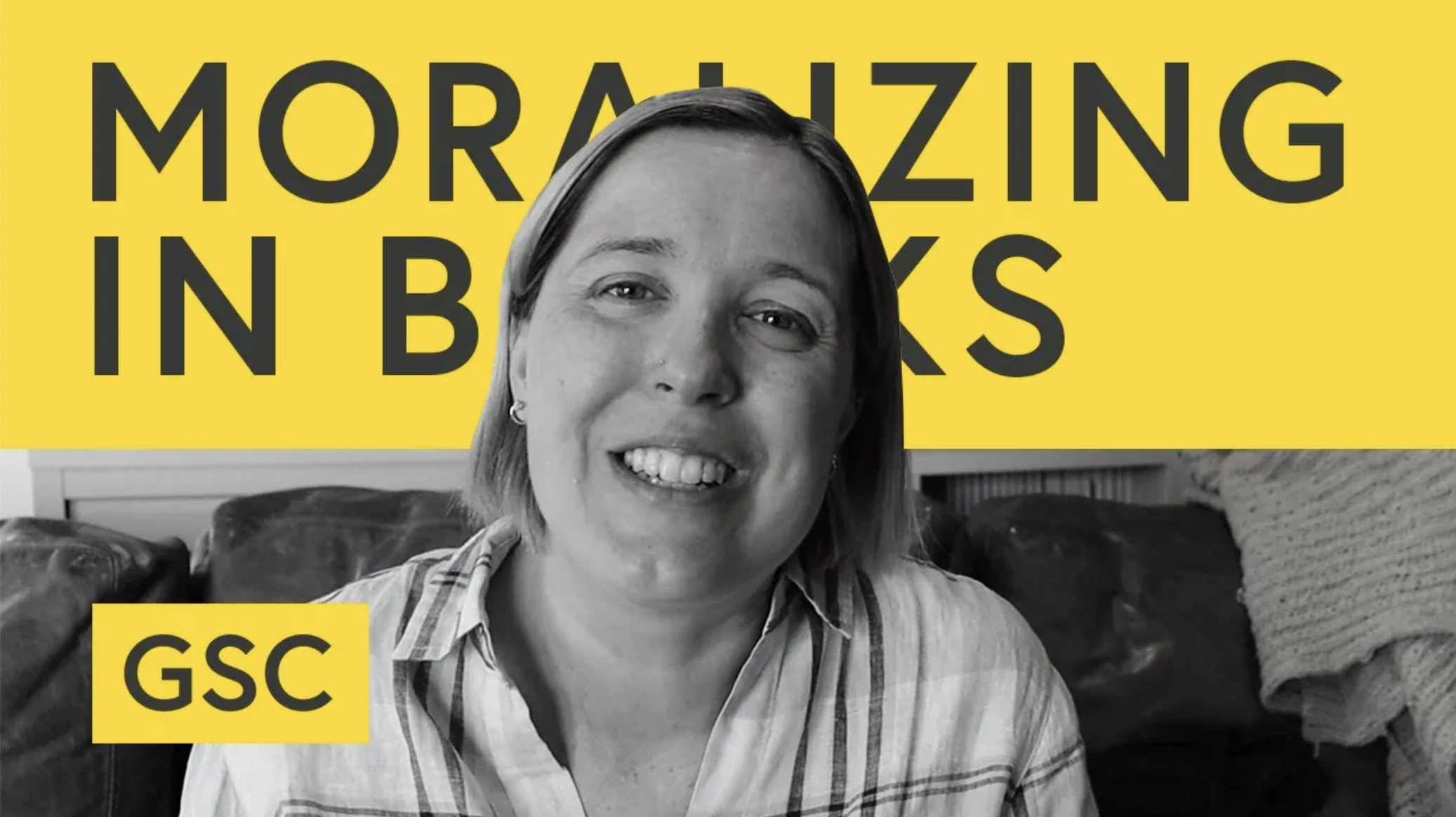
Moralizing in Books
Think twice before you moralize in your book. Ditch "sharing is caring!" and go for a more nuanced message. Here's how.

Writing Female Characters
Writing female characters can be harder than you expect, as a writer, but it’s important to get right. There are some blind spots that many of us—men and women alike—have when it comes to crafting compelling female characters.
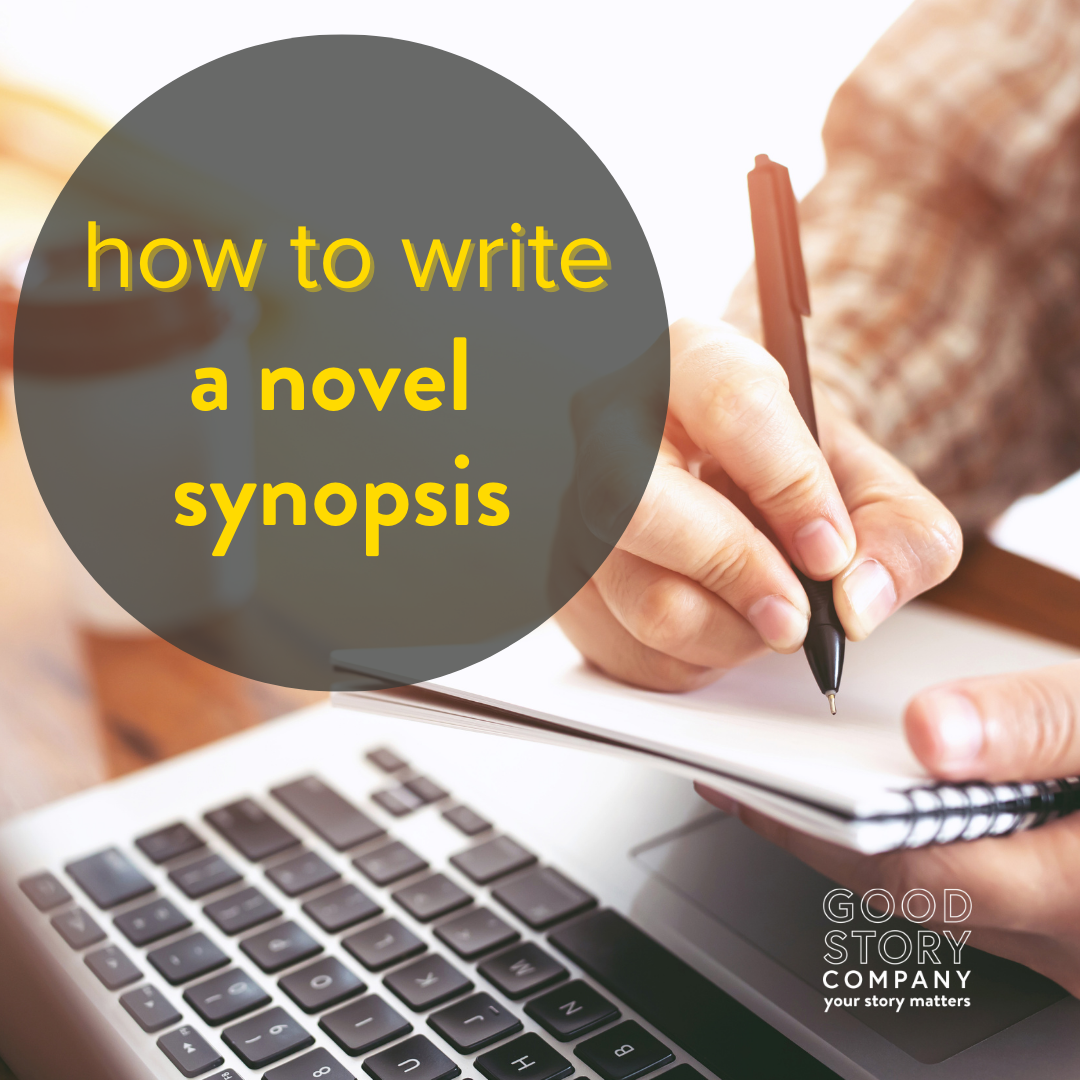
How to Write a Novel Synopsis
One of the most difficult parts of submitting a manuscript or query to an agent or publisher is figuring out how to write a novel synopsis. That task is different every time and for every book. Just like the task of writing each book is different and calls upon different skills, crafting a synopsis for each manuscript is different, as well.

Who Is My Target Audience?
Thinking about a “target audience” can sound cold and impersonal, especially for writers who are pouring their hearts into a manuscript. After all, it’s not like we’re lining readers up, eyeing the red circles painted on their torsos, and lobbing our books at them. Or are we?

How to Organize Your Writing
If you’re a beginning writer, you may be wondering how to organize your writing. Working on a novel means you’ll have lots of bits and pieces to keep track of: character and setting notes, plot outlines, reference photos, versions of your manuscript, notes to yourself, quotes and inspiration to keep you going when the going gets tough...yikes!
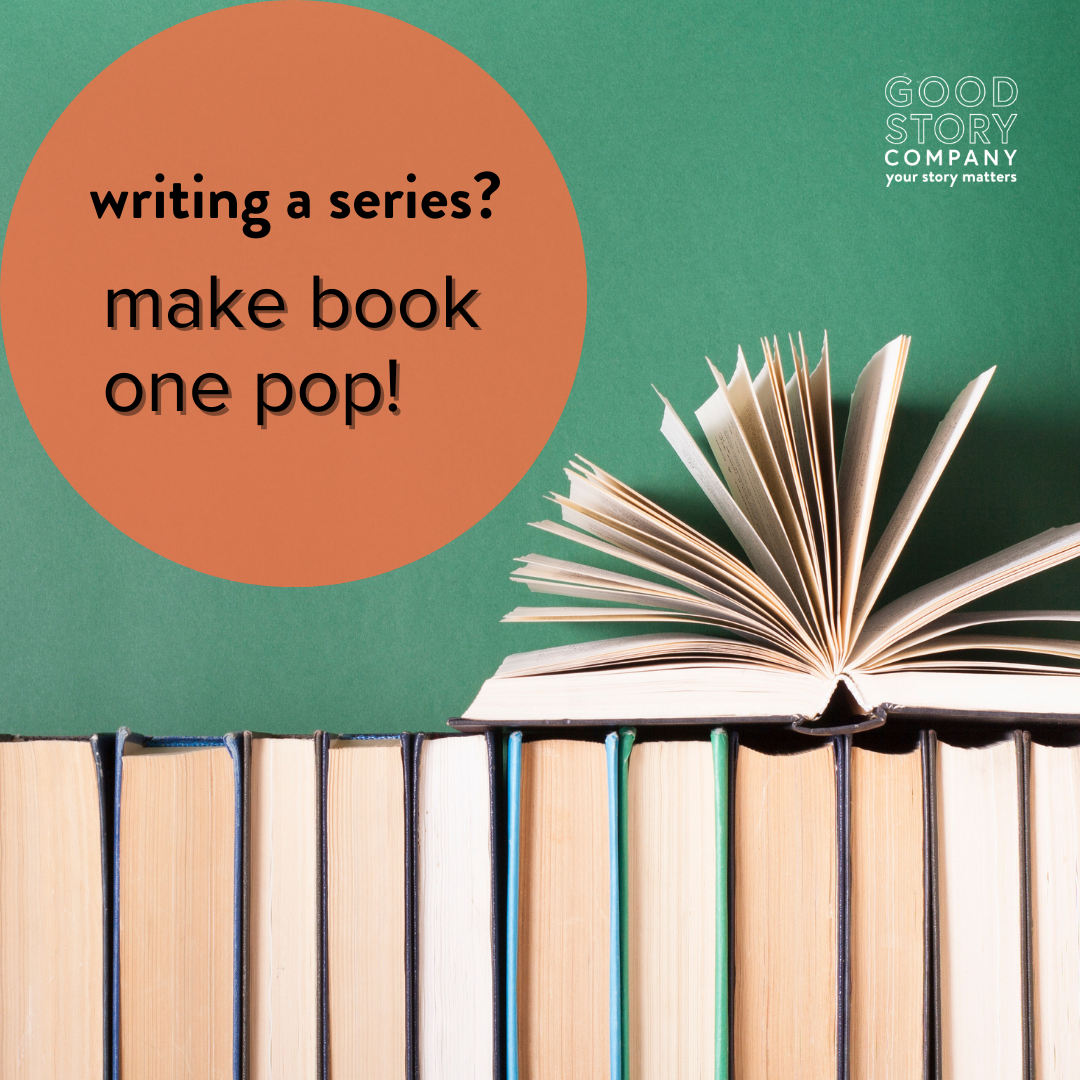
Writing a Series? Make Book One Pop!
Writing a series? You’ll want to pay special attention to making Book One pop. Getting that first book right, though, can be a tall order. Make sure to include the following elements for a captivating Book One.
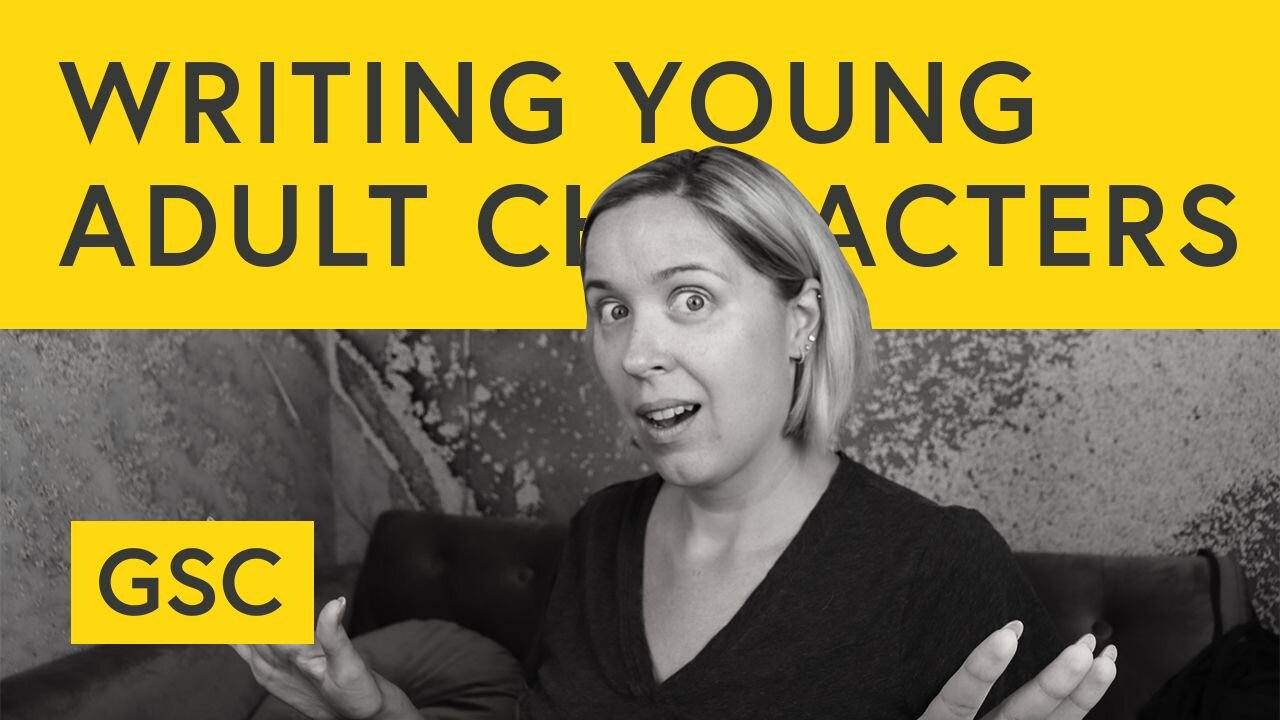
Writing Young Adult Characters
Young adult characters are incredibly dynamic. Their worlds are bigger, larger than life. There's always something behind any big feelings in middle grade and young adult that fosters a relationship between the character and the audience. And that is super crucial in the young adult genre.

How to Be a Good Critique Partner
Tips for how to be a good critique partner and how to contribute to your writing community. Learn how to give writing critique here.

Write What You Know
“Write what you know” is common advice, but it can feel like an attempt to limit creativity. You write to discover new places and understand different points of view. If you only write what you know, how can you write about what you don’t know?

A Million Bad Words
In order to write, you have to WRITE! Spending time learning theory, taking classes, and reading books are beneficial, but ultimately it is practice that will make you a better writer. Learn how a million bad words can turn into a good story.
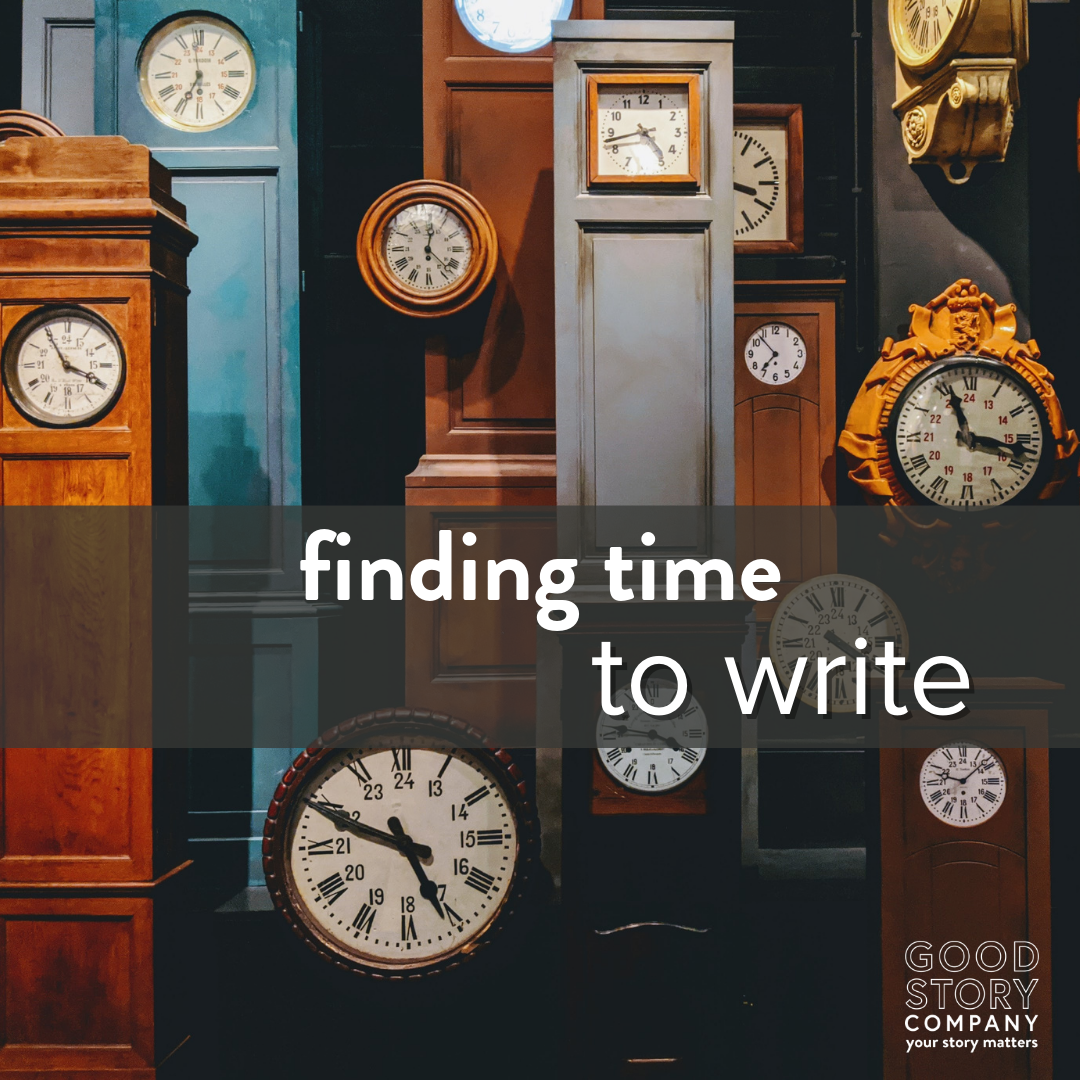
Finding Time to Write
Finding time to write can sometimes seem impossible. If you have a packed schedule due to school, your day job, or multiple day jobs, you may think it’s impossible to start your novel, let alone finish it. Here are some ways to carve out time in your day to write.

Writing Across Age Groups with Alice Kuipers
Multi-published author Alice Kuipers chats with Mary about getting published, what it's like to have a writing career, and craft insights across categories.

Make Writing Resolutions That Stick
Winter is the perfect season to establish your writing resolutions and form the habits that will lead to better productivity. There is so much you could accomplish in the year ahead! Read on for tips on how to develop—and crush!—your writing resolutions.
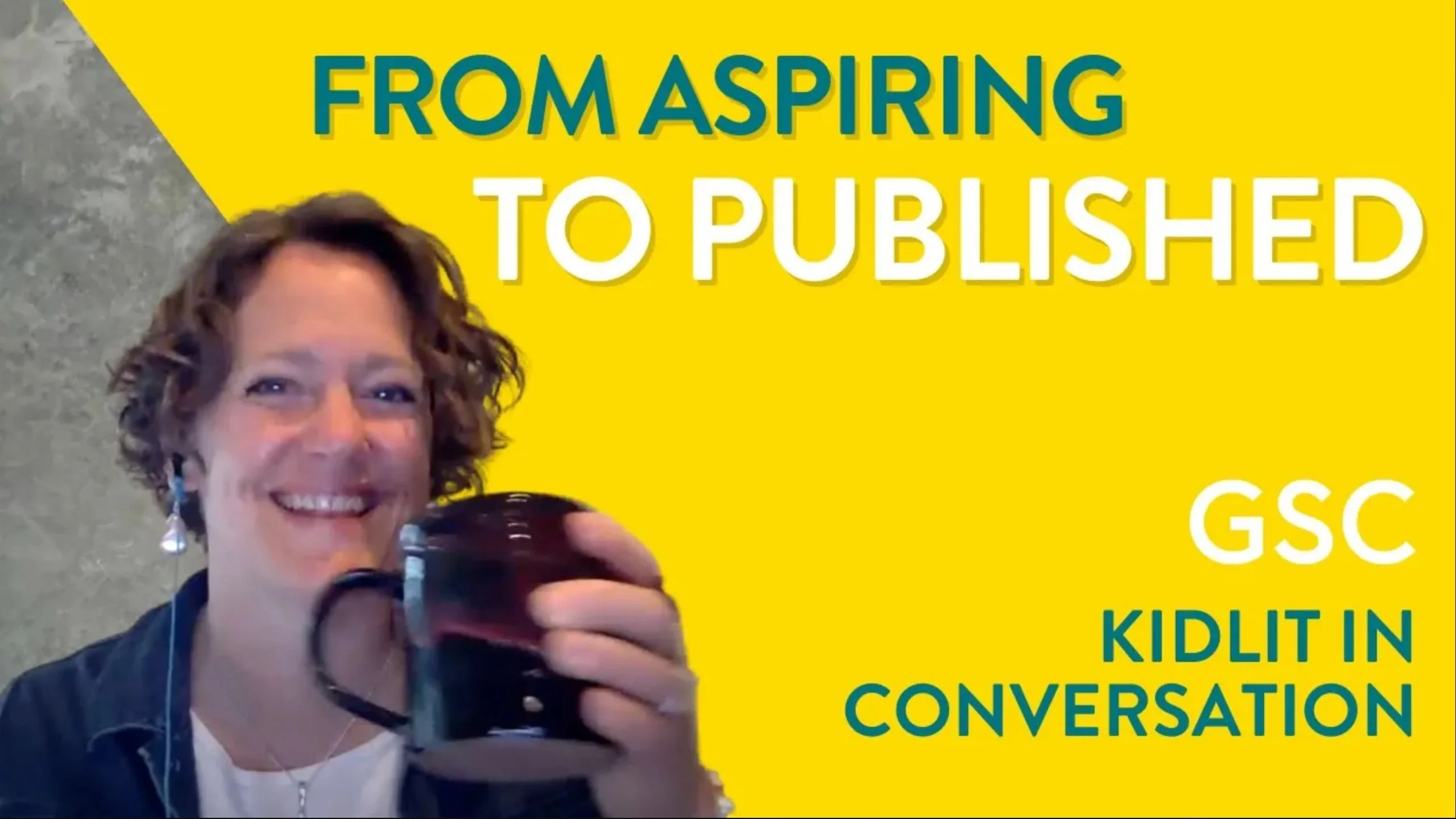
Growing From Aspiring Writer to Published Author with Rebecca Ansari
Debut middle grade author Rebecca Ansari chats with Mary about the journey from aspiring writer to published author, MG craft insights, and what new things she has in the works!

Show Don’t Tell
Show don’t tell is one of the first pieces of advice given to new writers. My first writing professor preached that we all STAY AWAY from exposition. Still, even with SDT etched into our minds, writers slip into exposition and description, missing opportunities to immerse their readers.

Episode 7: Jessica Brody, Author and Writing Teacher
An interview with author and writing teacher Jessica Brody, where we discuss what makes a compelling story, how to apply story structure whether you're a plotter or pantser, and tackling large-scale revisions without ripping your hair out.
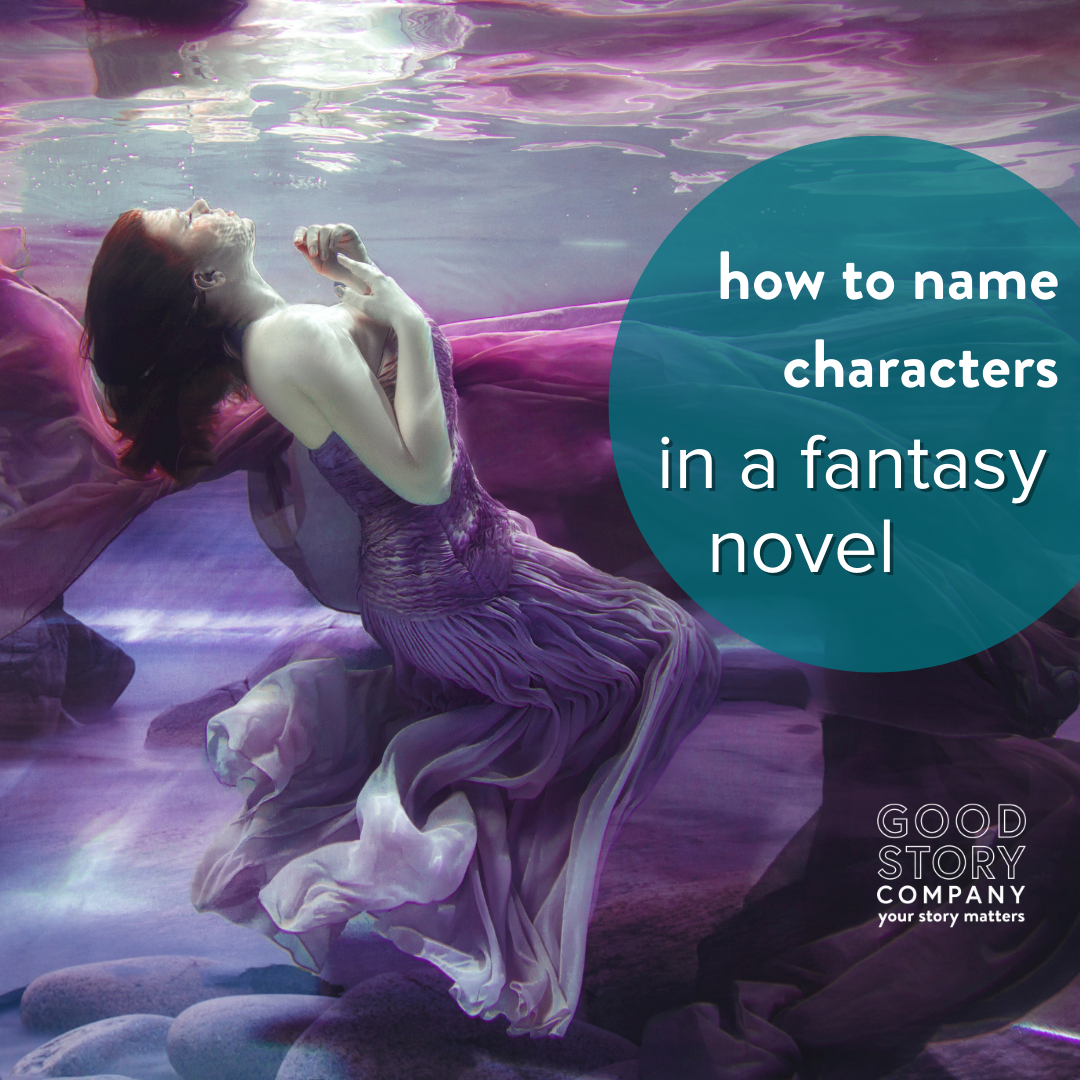
How to Name Characters in a Fantasy Novel
Of all your fictional characters’ features, names are crucial. Wondering how to name characters in a fantasy novel? For tips on giving your fantasy novel’s character the perfect names, read on.

Writing for a Living
Many aspiring writers hope to quit their day jobs so they can pursue writing for a living, but is this a realistic goal? Here's an overview of what to expect if you want to pay the bills with your writing.
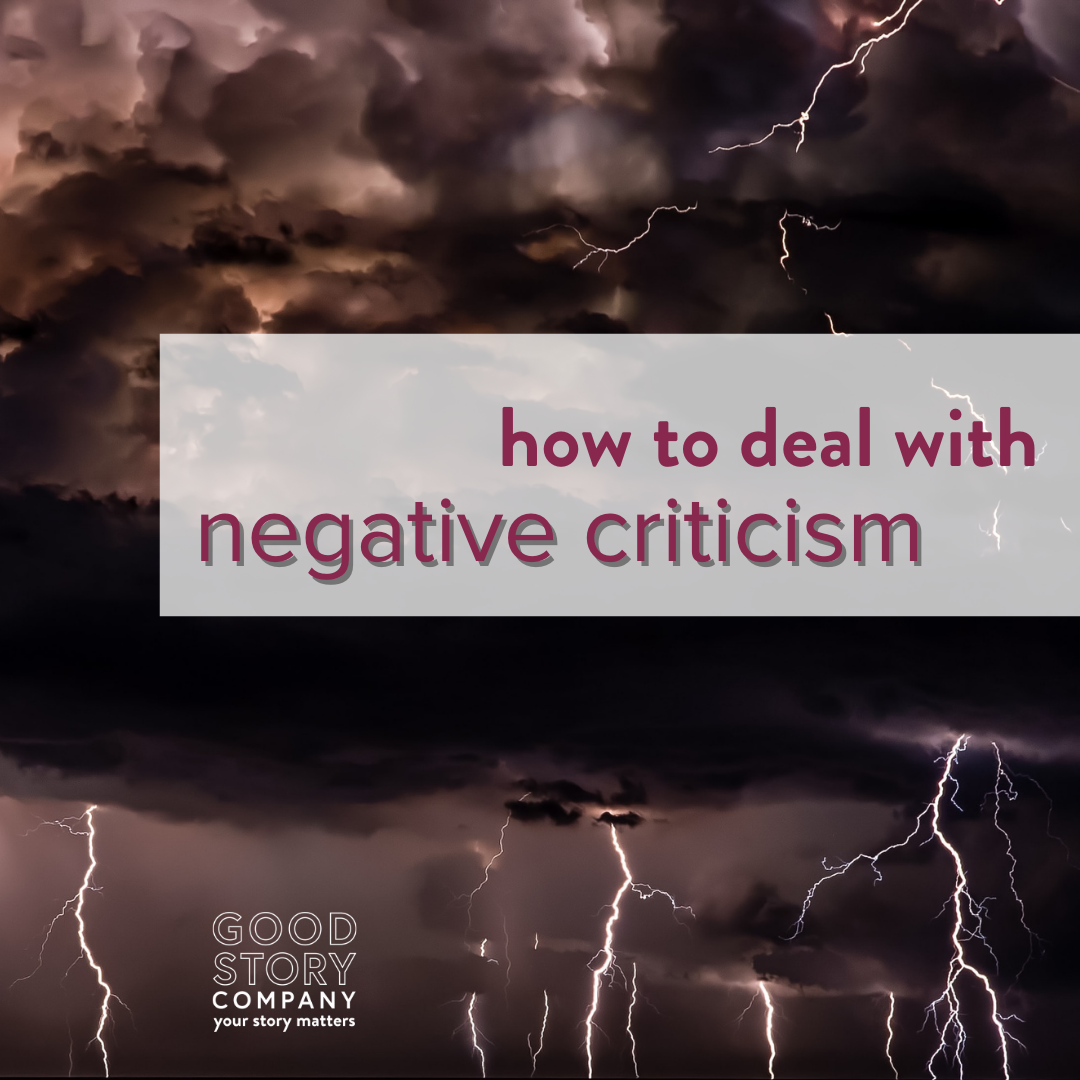
How to Deal With Negative Criticism
Many writers struggle with how to deal with negative criticism. Not all writing feedback you receive in your lifetime will be “constructive criticism”. Some of it may feel like straight-up criticism criticism, or worse, destructive criticism. Ouch! Here are some thoughts on bouncing back from a devastating writing critique, and what to do next.
